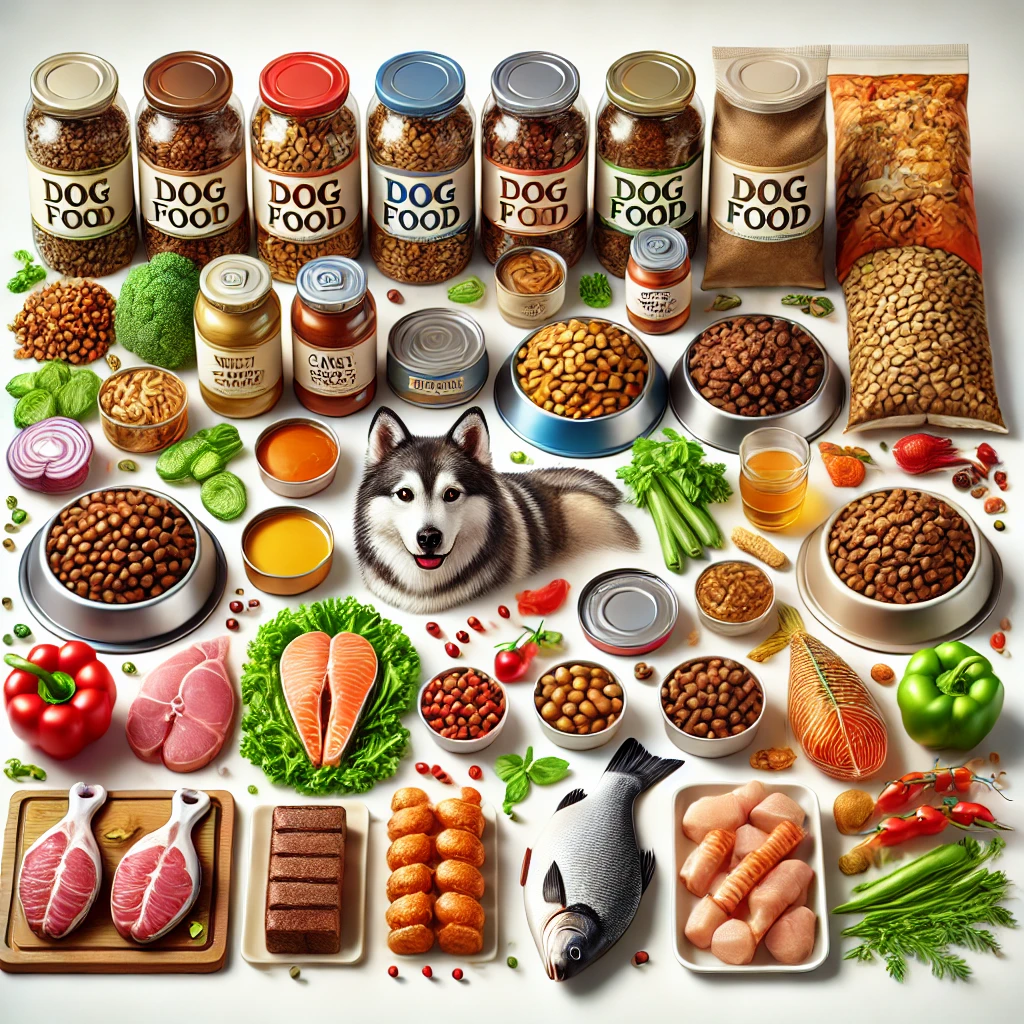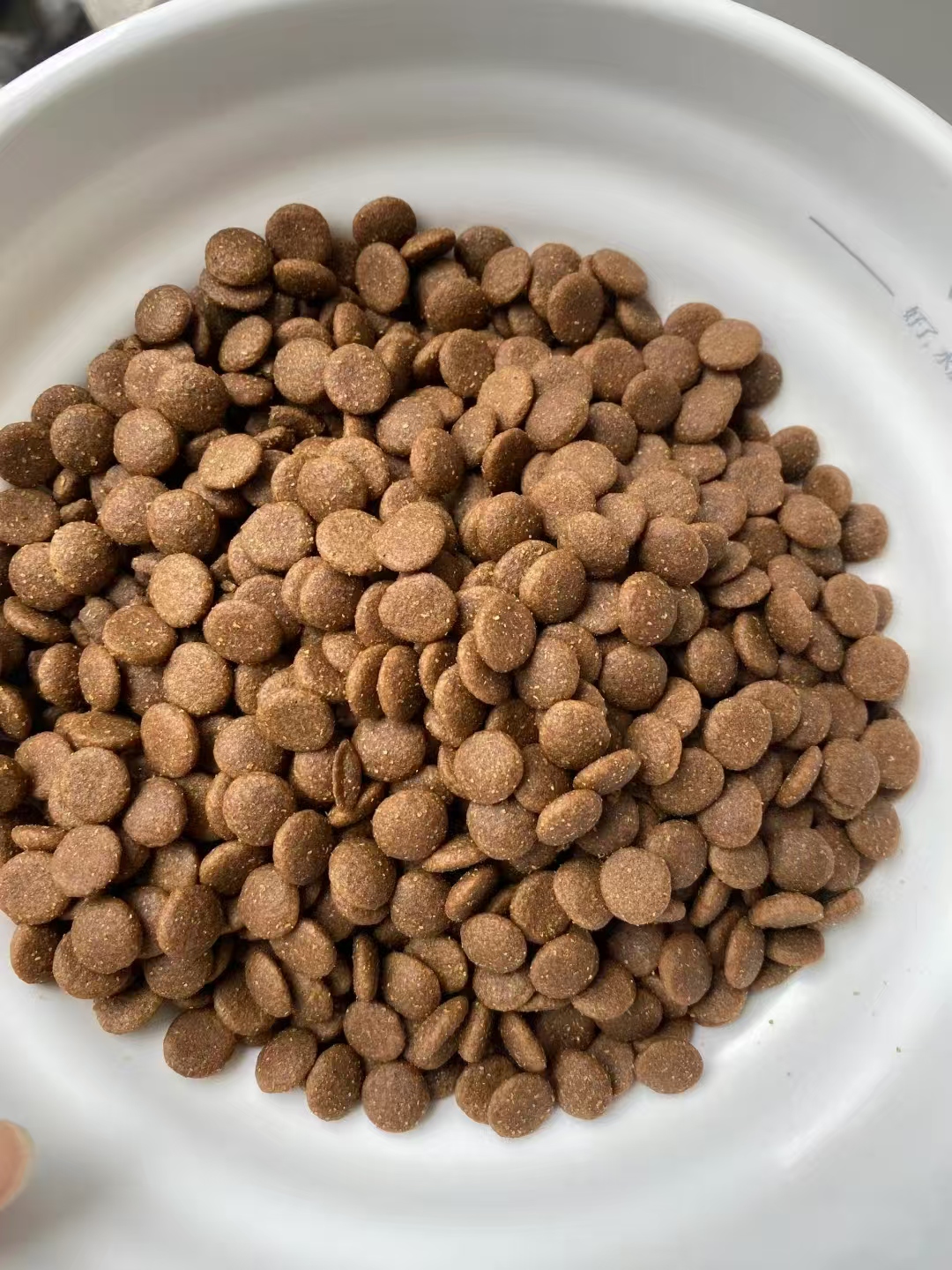

As a pet owner, selecting the right food for your puppy is essential for its growth and overall health. Puppies have different nutritional needs at various stages of their development. A balanced diet not only helps maintain their health but also supports proper growth and prevents potential health issues. This article will discuss the nutritional requirements of puppies at different ages and recommend some suitable products.
Nutritional Needs at Different Life Stages
1. Puppyhood (0-6 months)
During this stage, puppies grow rapidly and need plenty of energy and nutrients to support their development. Key nutritional requirements include:
- High-quality protein: Supports muscle growth and tissue repair.
- Adequate fat: Provides energy and helps absorb fat-soluble vitamins like A, D, and E.
- Calcium-phosphorus ratio: Promotes healthy bone development. The balance is crucial, as excess calcium can harm bone health.
- DHA (Omega-3 fatty acids): Supports brain and eye development.
Recommended products:
- Royal Canin Puppy: Tailored to meet the needs of growing puppies, providing high-quality protein and a balanced calcium-phosphorus ratio for healthy bones and teeth.
- Hill’s Science Diet Puppy: Rich in DHA and essential vitamins and minerals to support brain and eye development, suitable for all breeds.
2. Juvenile Stage (6 months – 1 year)
At this stage, growth slows down, but nutritional needs remain high. Puppies continue to develop their bones, muscles, and immune systems, requiring:
- Moderate protein: Promotes muscle development without overburdening the kidneys.
- Omega-3 and Omega-6 fatty acids: Support skin health and immunity.
- Vitamins and minerals: Maintain healthy bones and teeth.
Recommended products:
- Orijen Puppy Large: Contains high-quality animal protein and Omega-3 fatty acids for healthy skin and a strong immune system.
- Acana Puppy & Junior: Made with fresh meat and premium fruits and vegetables, supporting normal muscle and bone development.
3. Adulthood (1-7 years)
Adult dogs need a diet focused on maintaining their weight and energy levels. A balanced diet prevents obesity and supports overall health. Key nutritional needs include:
- Adequate protein: Maintains muscle mass.
- Low fat: Helps control weight and prevent obesity.
- Fiber: Supports a healthy digestive system.
Recommended products:
- Hill’s Science Diet Adult: Low in fat and high in protein, ideal for adult dogs to maintain a healthy weight and muscle.
- Wellness CORE RawRev: A high-protein, low-carb option suitable for maintaining muscle and a healthy weight.
4. Senior Stage (7 years and older)
Senior dogs have slower metabolisms and reduced energy needs. Their diet should focus on joint health, immune support, and easy digestion. Nutritional requirements include:
- Easily digestible protein: Helps maintain muscle mass.
- Omega-3 fatty acids: Reduce joint inflammation and support joint health.
- Antioxidants: Boost the immune system and slow aging.
Recommended products:
- Royal Canin Veterinary Diet Aging 12+: Rich in Omega-3 fatty acids and antioxidants, promoting joint health and immunity.
- Hill’s Prescription Diet j/d: Specially designed for joint health, containing EPA, DHA, and glucosamine to relieve joint pain and support mobility.
Tips for Choosing Puppy Food
Match the formula to the breed size: Different-sized dogs have varying nutritional requirements. For example, small and large breeds differ in calorie, fat, and protein needs. Choosing breed-appropriate food ensures their physiological needs are met.
Focus on quality and ingredient sources: Opt for foods containing high-quality, digestible animal protein instead of by-products or fillers. High-quality ingredients enhance digestion and overall health.
Adjust for health conditions: If your puppy has specific health issues (e.g., allergies, obesity, or digestive problems), consider specialized formulas to alleviate symptoms and improve health.
Conclusion
Puppies’ dietary needs change as they grow, and selecting food that suits their age, size, and health status is crucial. With proper nutrition, your puppy can thrive, stay healthy, and enjoy a long, happy life. We hope these recommendations help you choose the best food for your furry friend, ensuring their health and happiness throughout all stages of life.












